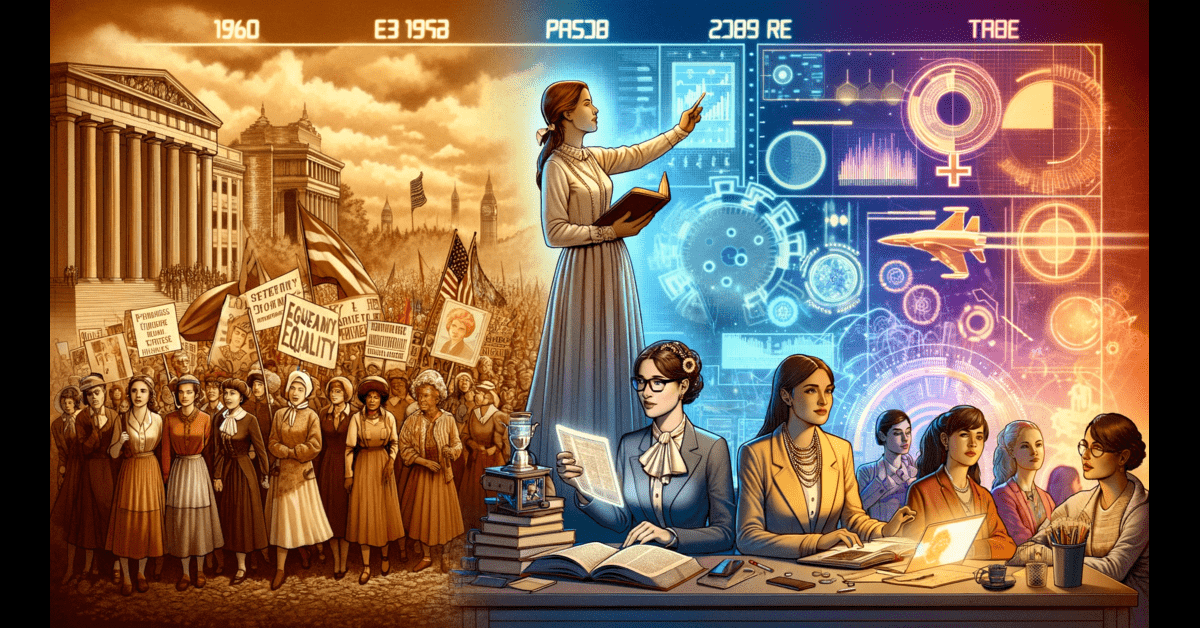Women’s studies stand at the intersection of academia and social change, offering critical insights into gender dynamics and women’s roles in society. This field is crucial for understanding and advocating for gender equality.
Historical Context
Rooted in the feminist movements of the 1960s, women’s studies have evolved from fringe courses to a comprehensive academic discipline. It has broadened its scope from solely focusing on women to encompassing diverse perspectives on gender and sexuality.
Impact on Society
This field has profoundly influenced societal norms, educational curricula, and policy-making. It has played a pivotal role in shaping gender equality laws and has been instrumental in driving social movements that address issues like equal pay and gender-based violence.
Challenges and Future Directions
Despite its achievements, women’s studies face challenges like limited funding and institutional resistance. Future directions include addressing emerging global issues such as digital gender gaps and the impact of climate change on women. The field must continue to evolve, embracing inclusivity and interdisciplinary approaches.
Conclusion
Women’s studies is more than an academic pursuit; it’s a catalyst for societal transformation. Understanding its history, impact, and challenges is essential for anyone interested in contributing to a more equitable and informed world.

